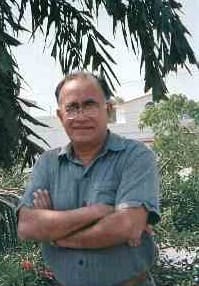For you writing immediately after waking up is primary, all later writing is secondary as you say: “I remember lying awake in the dark, eyes closed for fear of losing those waking thoughts, that clear wet dictation that goes on and on.” Do you do it lying on bed every single day?
That’s what it is. That’s why you miss it so much when it is not happening. Of course, it can’t happen all the time. You can’t be ecstatic all the time. Otherwise that ecstasy is devalued in a way. The whole point of that ecstasy is that it comes so rarely. But you love it, you worship it, you live for it in a way … It operates at that height. Nothing touches that. So you want somehow to work your way back to those heights. But you recognize that for many reasons you have to live in a real world which includes flying to places, meeting people, strangers …
Is Thomas Hardy one of your favourite novelists?
I just finished last night The Woodlanders, which was his favourite novel, and people have chided him for that and said: “Tess is great, Jude is great, Mayor is great, but Woodlander is not!”
But I really begin to see why he loved that book and you begin to ask yourself what’s the notion of greatness when we speak of great books. I put the book down with an almost loving kindness, a sense of gratitude. I see exactly what the man was trying to do.
It’s such a beautiful, finished book. It’s almost like a sphere. The whole action takes place within the woodlands. It starts with a particular character and you see her at the very end in a completely new light. She has not died. She has not performed any heroic act. None of the other things you associate with great tragedy. And yet you come away with an immense sense of satisfaction and of admiration for the man which you didn’t get out of Tess of the d’Urbervilles, Jude the Obscure, The Mayor of Casterbridge—all of the other ones that are regarded as his best books.
